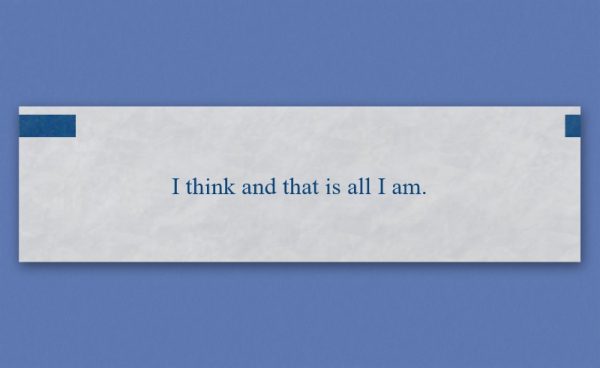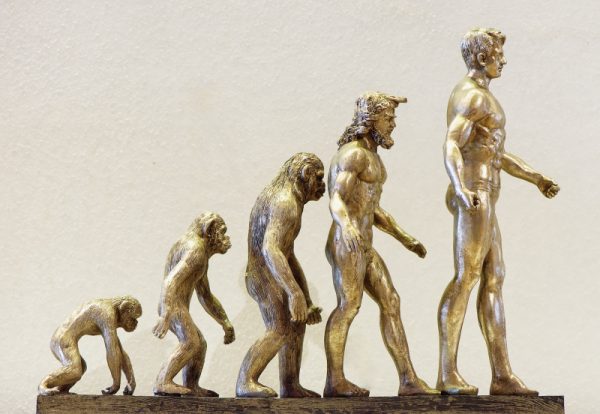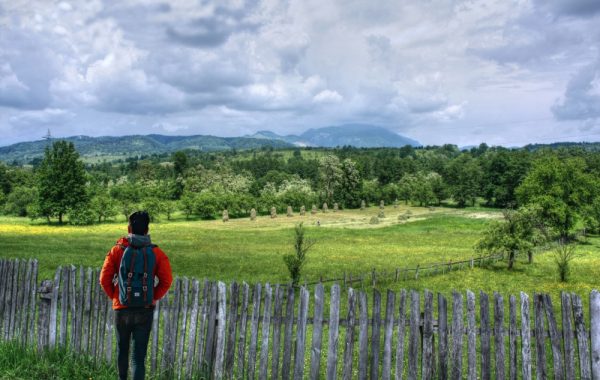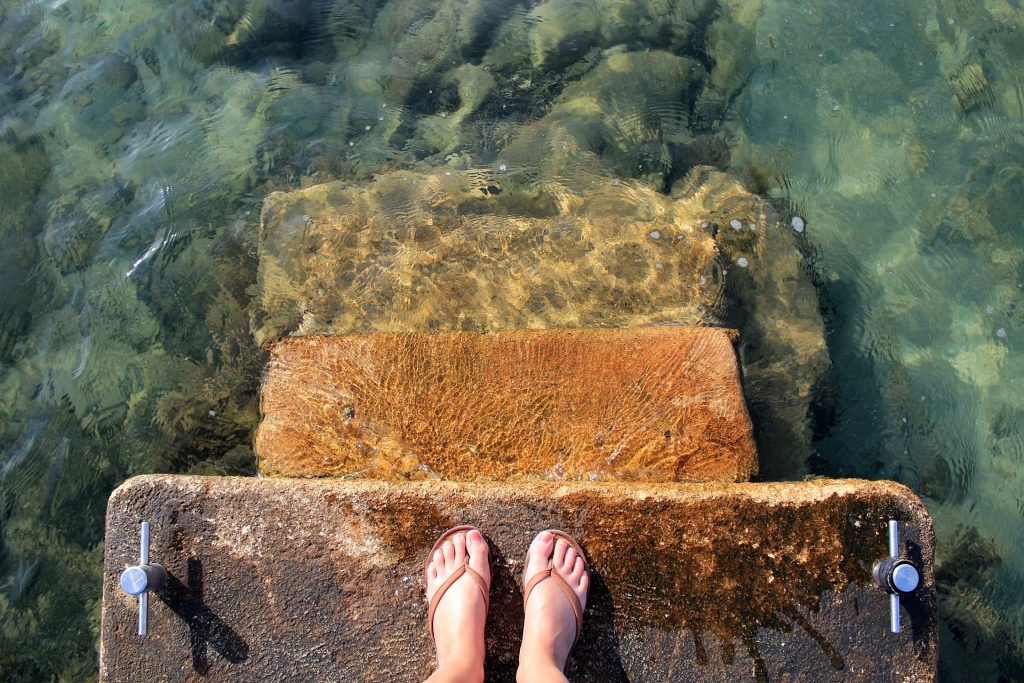Fortune Cookie Friday: Look Before You Leap
What is truth? What is existence? Why ask why? What’s love got to do with it? Philosophers have asked these questions for centuries. Well, maybe not the last one; that was Tina Turner.
Human existence is an interesting phenomenon. Our evolution from other primates to a species that reads, writes, invents, and travels beyond our globe in a relatively short period is astonishing. We have created technologies for better and worse—discovered and destroyed.
With the recent advancements in artificial intelligence, I began researching the same philosophical questions. Today’s fortune may have been fate, a coincidence, or a fig newton of my imagination, but I was questioning nonetheless.

Back in 1640, French philosopher René Descartes sat with quill to paper and struggled with his thoughts about truth and his existence before conceiving the premise “cogito ergo sum”— “I am thinking; therefore I exist.” We are all fallible, and even what we think can be fallible, but that does not deny that we exist.
But what does it mean to exist? Does it mean simply keeping ourselves alive each day? Does it mean staying alive long enough to procreate and pass on our genetic makeup? Or were we put on this planet to make some sort of difference?
What caused that primate millions of years ago to evolve into what we now call Homo sapiens? That magical leap forward was most likely a single step upright. Bipedalism allowed us to carry items while walking, see further, and use tools and weapons.

Walking upright made life easier for us. If you think about it, most evolutionary advancements occurred because they made the species’ life easier and capable of reproducing in a complex system.
Even our technological advancements started as ideas to make something easier. From foraging to farming. From hunting to the domestication of animals. From horse-drawn carts to automobiles. From abacuses to computers. Human ingenuity made life easier. But should we be worried about the cost?
Has an easier life left us weaker? Has it caused us to forget who we once were? It certainly has made us question who we are. We can trace the lines in our hands, but can they show us what will become of ourselves?
Our existence is a gift; we shouldn’t take it for granted. Living an easier life can easily make us lazy and vulnerable. The last thing we want to do is let our guard down to danger from our environment or ourselves. Walking boldly into the unknown requires that we prepare ourselves for anything.
I learned a simple premise while taking an environmental ethics class in college—just because you can doesn’t mean you should. It came from Chesterton’s Fence principle, which says a change should not be made until the reasoning behind the current state of affairs is understood.
Taken from The Thing by Gilbert Keith Chesterton (1874-1936), he wrote:
After learning about it, I followed Chesterton’s principle and taught it to my children, for we can only control our actions in life and not the actions of others. Since life is all about choices, we must be on guard for the repercussions of those choices before making them.
But how does any of this affect our existence? Obviously, if we make the wrong choices, we could easily perish, but we also can’t live in a bubble. We should still strive to better ourselves and the world around us.
I guess my greatest question is, what if we are the fence? We could each be a post or gate in the grand universe of truth. Do we know our purpose? Heck, do we even have one? Should we try to change, or are we risking everything for the sake of progress?

From the laws we make to the computer programs we write, how much control do we want to give someone or something else over our tiny part of the fence? Do they know our purpose?
I apologize for asking so many questions in my post. I can’t definitively answer what is true or whether or not we exist, but I can choose to act or not. Since we can only control ourselves, we should at least be our best selves and do good in the world. With everything else, I hope we take a step back and think, even if it takes a long time before we make that next leap forward.




